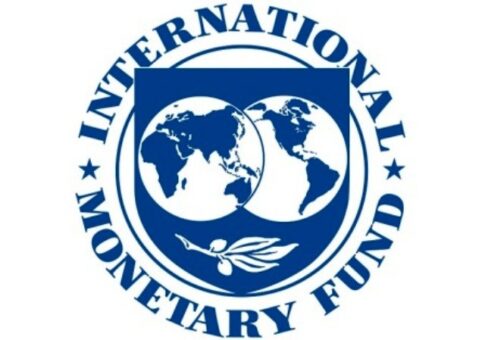February 11, 2024 – In the aftermath of Pakistan’s General Elections on February 8, 2024, analysts at Arif Habib Limited are highlighting the formidable challenges facing the new government, particularly in negotiating a new loan program with the International Monetary Fund (IMF) and formulating the budget for the fiscal year 2024-25.
The election results revealed intriguing dynamics within the political landscape, with 96 seats secured by independent candidates affiliated with the Pakistan Tehreek-e-Insaf (PTI), followed by the Pakistan Muslim League-Nawaz (PML-N) with 75 seats and the Pakistan Peoples Party Parliamentarians (PPPP) with 54 seats. This distribution suggests the possibility of another hung parliament, prompting intense efforts by prime ministerial aspirants to secure support from independent candidates and other political parties.
The decisions made by the incoming government will play a crucial role in steering the economic recovery, emphasizing the need for sound economic policies and reforms. However, challenges loom large, including the Lahore High Court’s approval for hearing on the results of approximately 26 challenged seats in national and provincial assemblies. This development holds significant importance in the formation of the federal and provincial governments.
Furthermore, media reports indicate that the IMF has not granted consent to the circular debt resolution plan, necessitating negotiations with the new government. Analysts argue that the market requires clarity on government formation, key ministerial portfolios, challenged constituency results, and the circular debt plan to ensure stability and investor confidence. They anticipate potential market pressure, especially in the Exploration and Production (E&P) sector, due to the delay in the circular debt resolution plan.
Immediate issues facing the upcoming government include negotiating a new, larger IMF program for balance-of-payment stabilization and supporting the central bank’s foreign exchange reserves. Timely negotiations are crucial to address this challenge effectively.
Additionally, the formulation of the budget for the fiscal year 2024-25 presents another significant milestone. With the new IMF program likely in place by the time the budget is announced, the government must strike a delicate balance between meeting key economic reforms required by the IMF, such as adjusting power tariffs, containing fiscal expenditures, broadening the tax base, and managing the depreciation of the Pakistani Rupee against the US Dollar, while also providing relief to the masses.
As the new government grapples with these challenges, the eyes of investors and the public alike remain fixed on the unfolding developments that will shape the economic trajectory of Pakistan in the coming years.
